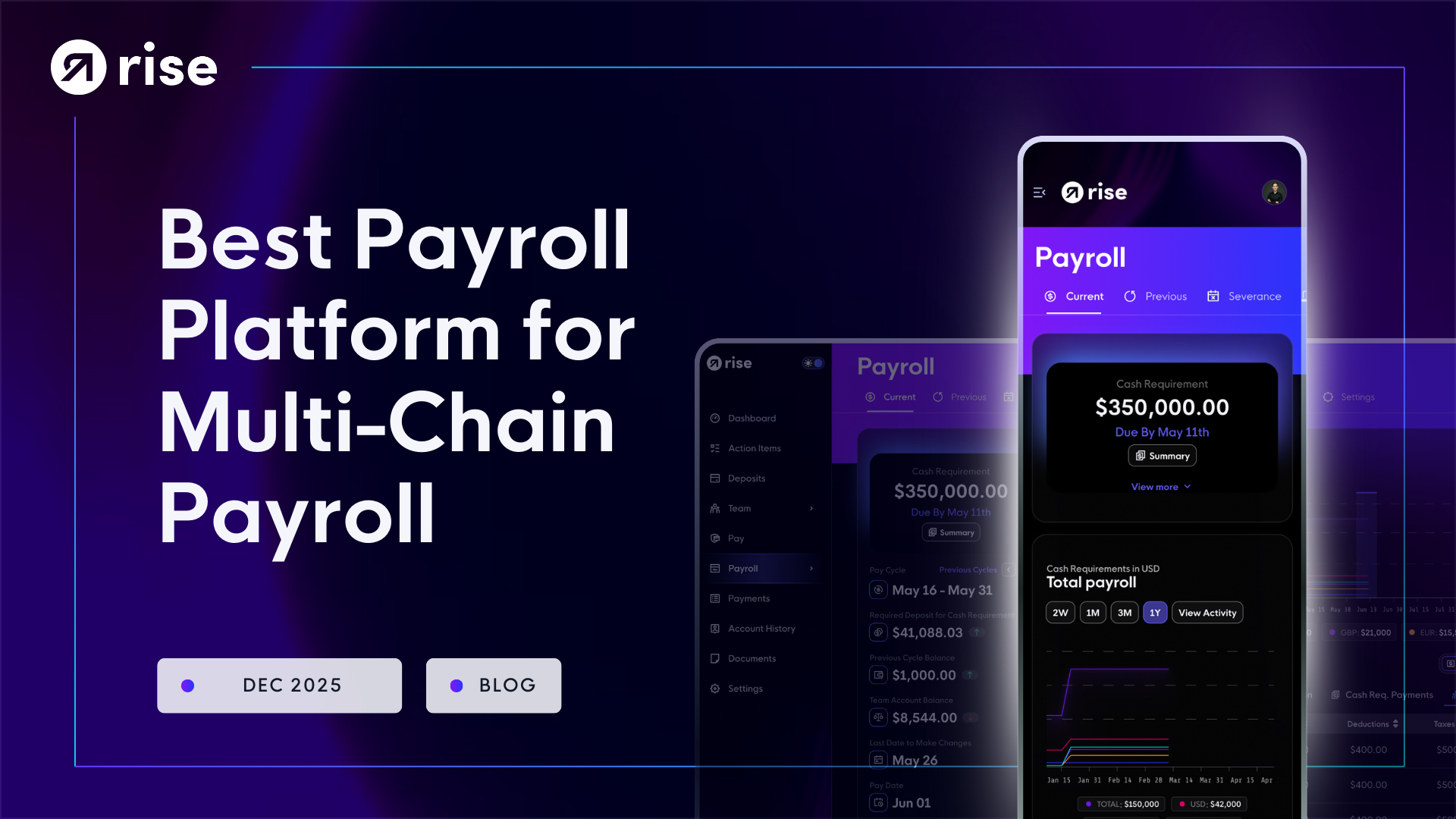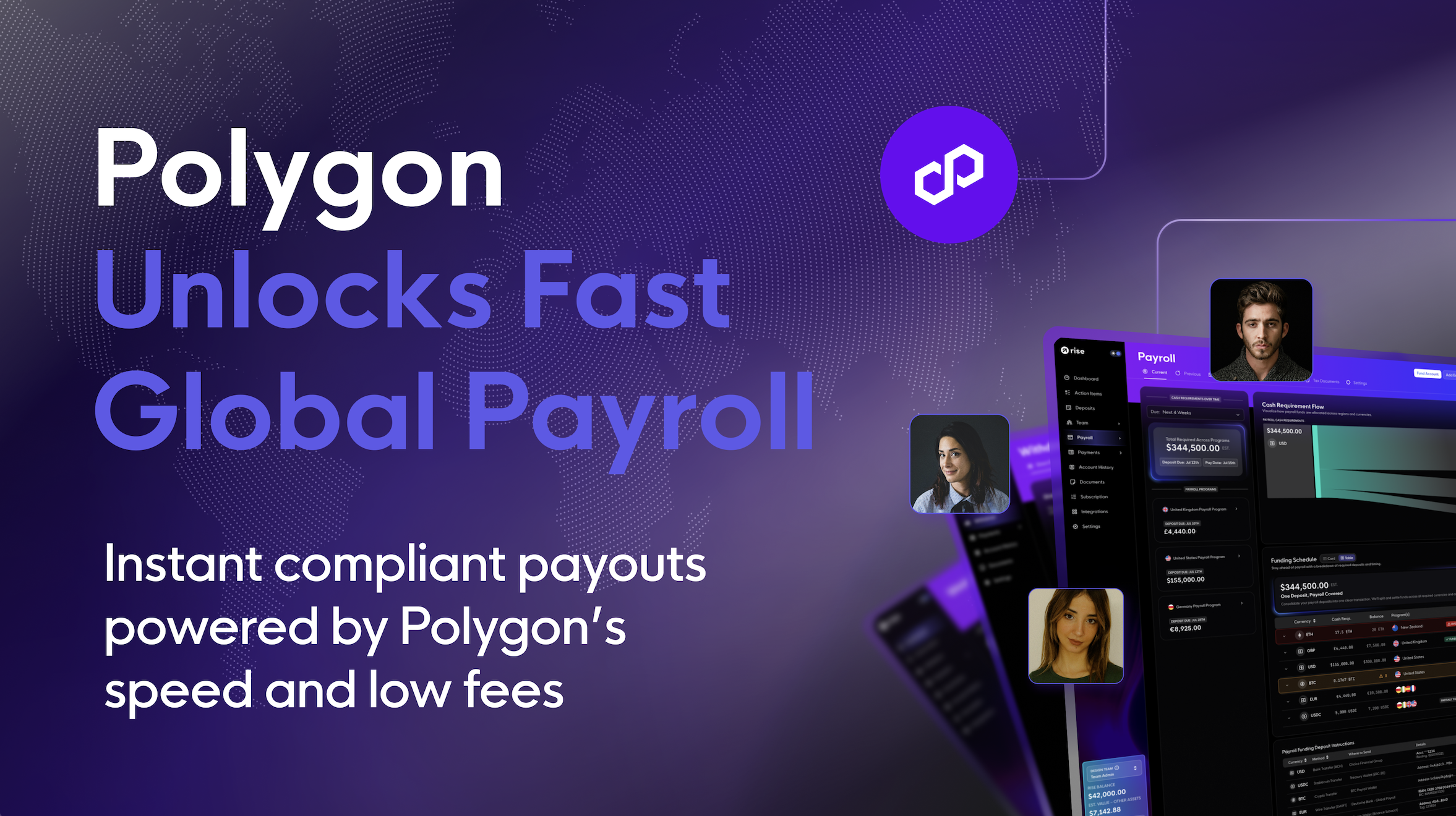Imagine building a bridge without a blueprint - chaos, right?
That's what employee onboarding can feel like today.
In 2025, staying ahead of trends like personalization, remote optimizations, automation, continuous learning, and collaboration will help your organization thrive.
Let's take a look at each of these in-depth.
Personalized Onboarding Experience
Tailoring onboarding programs to each employee's unique journey dramatically enhances engagement and accelerates newcomers' integration into the team.
In 2025, companies will harness data analytics and artificial intelligence (AI) to deliver personalized onboarding experiences.
These tools allow the crafting of training plans that focus on individuals' specific roles, backgrounds, and learning preferences.
Pioneering firms like IBM and Google are already showcasing remarkable results through personalized onboarding.
Importance of Personalization
Personalized onboarding is all about showing your commitment to giving each newcomer the individual attention they deserve.
With personalized onboarding, employee engagement rates have soared, leading to higher productivity and satisfaction across the team.
As you move into 2025, tapping into AI and data analytics is key to creating tailored onboarding experiences.
By considering individual roles, past experiences, and learning styles, you can ensure a smooth integration for every employee.

Leveraging AI and Data Analytics
Through data insights, you can understand employees' strengths and develop training frameworks designed to propel each individual towards success within the organization.
Intriguingly, AI's ability to predict potential challenges allows proactive adjustments.
This ensures that onboarding remains seamless, reducing the likelihood of disruptions, and fostering an environment conducive to professional growth and mutual success.
Remote, Automated Onboarding
Many industries are now preferring completely remote environments, meaning onboarding should be similar.
Remote Role Trends
The shift toward remote roles is accelerating, demanding innovative HR strategies to ensure successful employee integration and engagement.
- Remote-first workforce: More companies are adopting remote-first policies.
- Diverse talent acquisition: Expanding talent pools beyond geographic boundaries.
- Technology reliance: Increased usage of collaboration tools like Slack and Zoom.
- Focus on well-being: Enhanced initiatives for remote employee mental health.
- Flexible work arrangements: Customizable hybrid solutions for work-life balance.
These trends reflect a broader shift in workplace dynamics driven by technological advancements and changing employee preferences.
Faster Onboarding with Automated Processes
In a world where technology is advancing at lightning speed, automated onboarding processes have become essential.
Smart AI-driven workflows handle those tedious admin tasks, freeing you from the drudgery of paperwork and compliance checks.

Automated Onboarding for Web3 Companies
Let's take a look at how automated onboarding is completed for Web3 companies, by using the onboarding process at Rise as an example:
- Business Account Setup:
- Companies can create a business account by providing basic information and completing Know Your Business (KYB) verification. This includes linking a bank account and obtaining a unique crypto wallet for payroll purposes.
- Contractor Invitations:
- After setting up the account, businesses can invite contractors via email. Once contractors accept the invitation, they undergo an automated onboarding process that includes identity verification and compliance checks, such as Know Your Customer (KYC) and Anti-Money Laundering (AML) procedures.
- Identity Verification:
- Contractors complete their identity verification through automated checks, which typically results in a verification time of about 17 seconds. They receive a unique Rise ID and can set up their preferred payment methods for withdrawals.
- Service Agreements and Tax Information:
- Rise generates professional service agreements automatically and collects necessary tax forms (e.g., W9/W8-BEN) from contractors, ensuring compliance with local regulations.
- Automated Compliance Management:
- The platform automates compliance tasks, reducing the risk of errors that can lead to penalties. This includes generating reports tailored to meet specific compliance requirements and maintaining data security through role-based access and automated scheduling
Upskilling and Continuous Learning from Day One
It's time to shake up how Web3 companies handle employee onboarding, focusing on continuous development right from the start.
These companies are all about nurturing skills, creating personalized learning journeys through LMS software that help new hires upskill as soon as they join, setting them up for success in this fast-paced field.
Here are some specific skills they should be upskilling:
- Smart contract development
- Decentralized application (dApp) creation
- Web3 security practices
- Decentralized finance (DeFi) protocols
- Principles of tokenomics
- Programming languages like Solidity and Rust
- Decentralized governance
- Community building

Cross-Departmental Collaboration and Integration
Picture a workplace where teamwork naturally crosses departmental lines, creating strong connections from day one.
By involving new hires in collaborative projects, you offer them a full company experience that breaks down barriers and enhances innovation and unity.
Collaboration's Importance
Collaboration between departments isn't just helpful, it's essential.
When new employees engage with different teams, they foster an inclusive environment that values every voice.
Early collaboration helps them appreciate diverse strengths and ideas, setting the stage for future cross-functional projects.
This unified approach to onboarding nurtures a workforce that thrives on complexity by tapping into a wide range of knowledge and skills.
By making collaboration a key part of your onboarding process in 2025, you'll build a culture that's both resilient and innovative.
Collaborative Onboarding Tools
Harnessing the power of collaborative onboarding tools will redefine how you introduce new talent to your company.
In 2025, platforms like Notion and Trello, recognized for their capabilities in project management, will be indispensable in creating seamless onboarding experiences.
These tools enable teams to work together effortlessly by organizing, sharing, and tracking onboarding tasks.
Using such platforms increases transparency, as new hires can visualize workflows and understand their role in the broader context of the organization.
Conclusion
In summary, the future of employee onboarding in 2025 is all about embracing personalization, remote optimizations, and cross-departmental collaboration.
By integrating automated onboarding processes, you streamline the entire experience, freeing up time for meaningful interactions and continuous learning.
This approach not only enhances productivity and retention but also builds a resilient and innovative culture. Now is the time to evaluate and adapt your onboarding strategies to stay ahead and ensure your organization thrives.
Start automated onboarding for your Web3 team with Rise.
Related



















